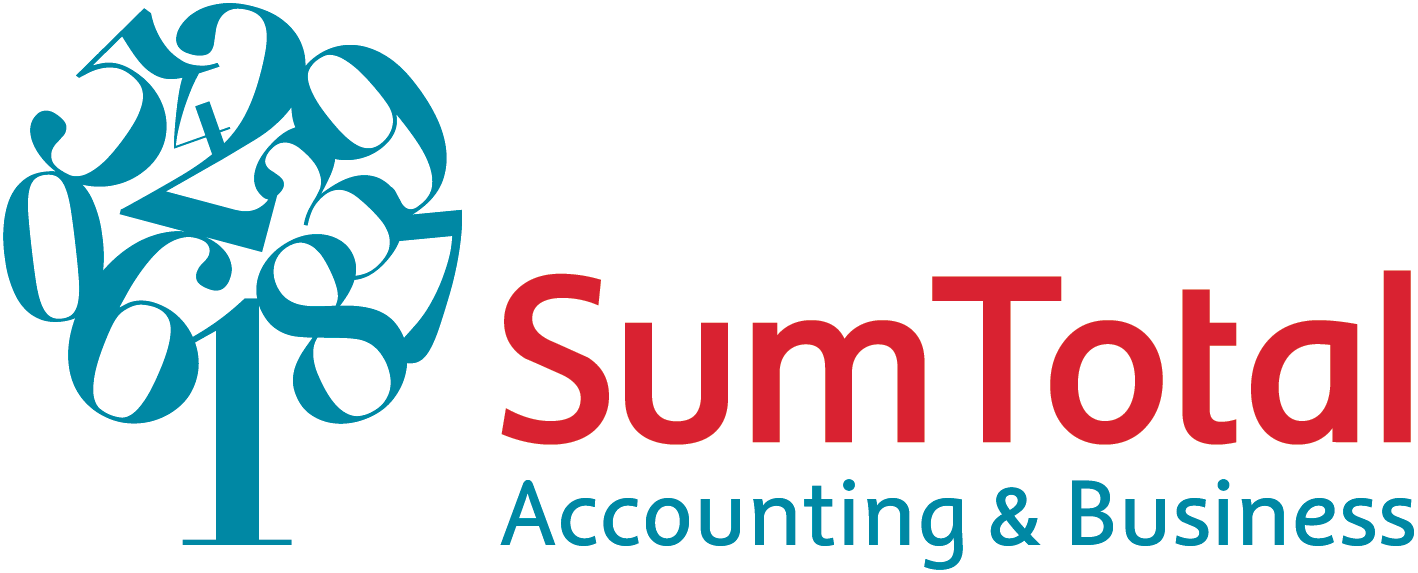In the ever-evolving digital landscape, where online interactions endure indefinitely, employers encounter a significant challenge when their employees’ past actions or statements resurface on the internet.
The digital landscape allows online interactions to endure indefinitely, a permanent mark that can follow employees to their employment. Employers may thus face a significant challenge when past actions or statements of their employees can resurface on the internet.
Let’s shed some light on the intricacies of this predicament and offer practical strategies for employers.
Balancing Reputation and Fairness
Employers grapple with the dual mandate of safeguarding their hard-earned reputation and ensuring fairness in their actions.
It is well within their rights to shield their image from potential damage caused by their employees’ historical conduct, including dated social media posts. However, finding an equilibrium between reputation preservation and equitable handling of such cases is crucial to avoid potential legal consequences, such as lawsuits for unfair dismissal.
Case-by-Case Evaluation
The response to instances of resurfaced employee misconduct should be tailored to the specific circumstances. In cases where there is no direct correlation between contentious online content and the workplace, the grounds for disciplinary action may be limited. However, initiating disciplinary measures becomes a prudent course of action when a discernible link exists between the employee’s actions and the company.
Clearly Defined Social Media Policies
Proactively establishing a comprehensive social media policy is a critical step for employers. This policy should outline employees’ expected standards of conduct when using social media platforms, even during their personal time. Effective communication of this policy ensures that employees are well-informed about the company’s expectations concerning their online behaviour.
Policy Violations and Due Diligence
Employers have the prerogative to conduct due diligence when an employee’s online activity breaches company policy. Investigation of the matter is justified, and disciplinary actions should be taken when warranted. Even in cases where no formal written policy exists, employees may still be held accountable for actions that could detrimentally impact the company’s reputation.
Assessing Impact on Reputation
The potential impact on the organisation’s reputation is a critical factor to consider when evaluating the gravity of an incident. This aspect becomes particularly relevant if the content implies company endorsement of inappropriate behaviour or negatively influences the organization.
Consistency Over Share Count
Setting a specific threshold of share counts that triggers disciplinary action is challenging for employers. Such an approach risks inconsistencies in the treatment of employees. Therefore, it is advisable to maintain consistency across all cases, irrespective of the virality of the online content.
Informed Decision-Making
Employers should exercise due diligence by thoroughly examining all the facts in each case. This involves delving into the context and nuances of the situation before determining the most suitable course of action.
In an era where the past remains eternally accessible, employers face the arduous task of balancing their reputation with equitable employee treatment. Successfully treading this delicate path involves establishing a well-communicated social media policy and a nuanced approach to addressing historical online content.



